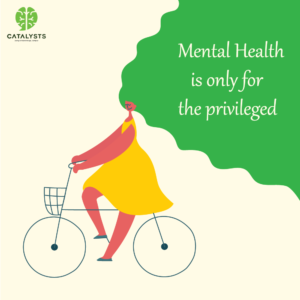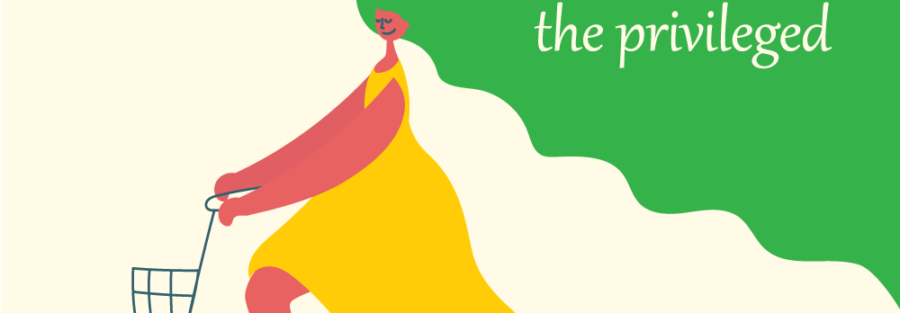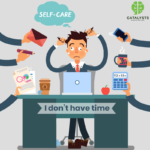 One of the achievements of modern times is the growing acknowledgment of the significance of mental health. Now more than ever, people are beginning to pay heed to their mind as much as their body. The current pandemic has seen an increase in the number of people agreeing to or accepting that they need therapy. However, progress in this area can be considered as ‘growth’ not ‘success’. There is still a lot of stigma around mental health, even at the most grass-root level.
One of the achievements of modern times is the growing acknowledgment of the significance of mental health. Now more than ever, people are beginning to pay heed to their mind as much as their body. The current pandemic has seen an increase in the number of people agreeing to or accepting that they need therapy. However, progress in this area can be considered as ‘growth’ not ‘success’. There is still a lot of stigma around mental health, even at the most grass-root level.
The most common issue people have is in terms of money. A lot of people think that therapists over-charge for their services. However, most psychologists charge a standard rate. Let’s ask ourselves, if your family doctor charged the same amount for a check-up, wouldn’t you pay? We probably think of the charges as high because we’re still trying to accept mental health as part of our ‘real’ health or issues. Secondly, almost every therapist is willing to offer subsidized rates for anyone with a financial issue. The mental health community understands the show financial background can be a major life stressor and in no way intends to add to it. We have to make sure to be upfront about it and let them know our capacity. Moreover, there are a lot of psychological wellness institutions that offer their services for not only subsidized rates but also free of cost.
When we ask people about why they wouldn’t opt for therapy, or even as to why they wouldn’t acknowledge the fact that they’re burnt out, the following responses aren’t uncommon – “Arey, mental health is all rich-people issues”, “I don’t have time for therapy, I have a job to do”, “Mental Health Services are so expensive, they’re just trying to mint money!” All these notions point to the fact that mental health is a “privileged” concept. But is it really? Is mental health inclusive of everyone? Let’s read further.
Perhaps, we shouldn’t deny that there is a lack of knowledge around how and where to go when in need of psychological aid. But there are more and more social media pages, government and NGO initiatives as well as private firms trying to spread the information and help to ANYONE in need, irrespective of their background.
Moving on, when we say “I don’t have time for mental health”, what are we actually saying? That we don’t have time to sustain our livelihood? Yes, a lot of people work tough jobs, long hours, have familial, social, educational, financial as well as physical problems that hinder their quality of life. However, this does not mean we don’t have time for mental health. Our notion of mental health is built around that one image of a therapist and client on a couch. Mental Health begins at the tiniest levels. When you’re stressed out, maybe burnt out, have one problem after another, not enough time to even consider therapy- all you have to do is breathe. Spending even 5 minutes of your day with yourself, consciously breathing, maybe eating your meals on time, spending time with people you love- all of these help you recover. Moreover, understanding the need of the hour, most mental health facilities provide online sessions. This may continue post the pandemic as well.
We are the internet generation, we have everything at our fingertips.
Mental Health isn’t a privilege. It’s a right and a choice. All of us have the right to access facilities that help us get better. However, all of us must also be willing to choose.
Mental Health is inclusive of everyone. The real question is, “Are we inclusive of mental health?”
By: Alancia Menezes
Insights: Dr. Wilona Annunciation & Ms. Saraswathi A.



